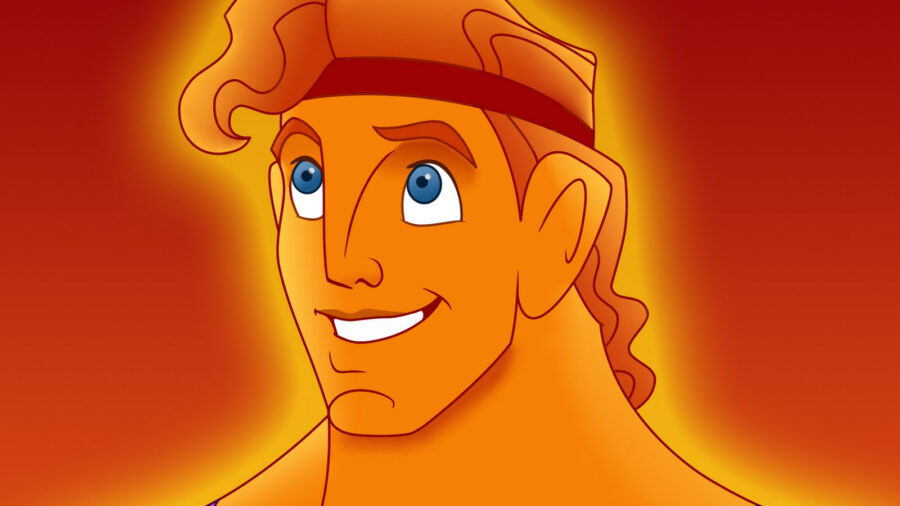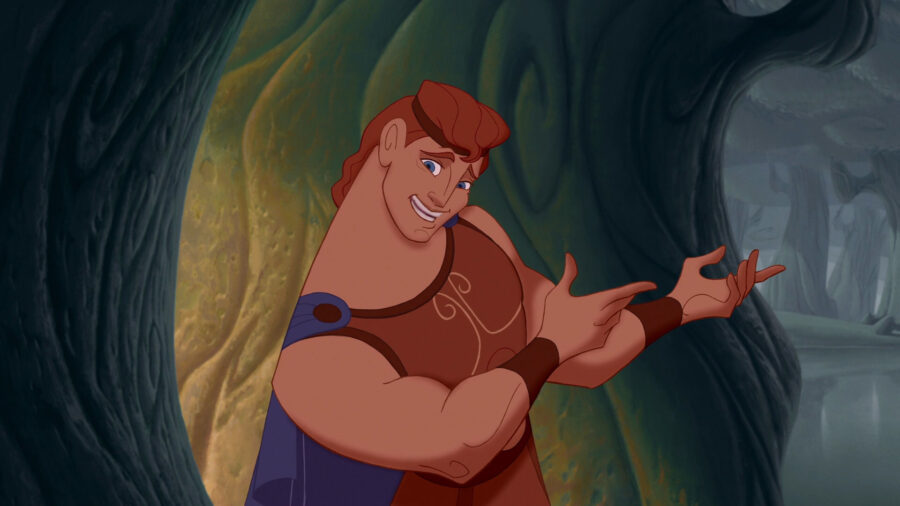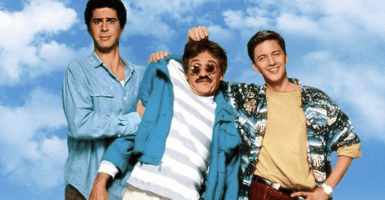Disney’s Live-Action Hercules May Not Be A White Male
Disney looks to be remaking Hercules but with a person of color in the lead.
This article is more than 2 years old

Greek mythology is one classic that has remained substantially untouched for 2,700 years. The Olympians are played by white actors. Calypso is as manipulative in Pirates of the Caribbean as Odysseus remembered her. Most adaptations are by-the-book period pieces. Even Disney’s animated movie Hercules — which featured an altruistic Hera as the demigod hero’s biological mother rather than his vengeful stepmother — followed the same tropes.
Is Disney planning on staying racially accurate for the live-action adaptation of Hercules? Hollywood insider Daniel Richtman doesn’t think so. In fact, he asserts Disney bigwigs are considering a male actor of color for the leading role of Hercules. A clear departure from practice? Not exactly. In 2019, Disney cast Halle Bailey, a young African-American singer, to play Ariel in The Little Mermaid. Jon Favreau’s CGI rendering of The Lion King starred prominent Black Americans in the main roles; Matthew Broderick had previously played Simba while Jeremy Irons voiced Scar.
Casting someone of, say, Polynesian descent (like Jason Momoa) as Hercules wouldn’t be terribly unusual. Race-swapping conventionally white characters isn’t particularly unheard of these days. In fact, it’s widely encouraged. A Japanese Asgardian in Thor. A Black Transylvanian sorcerer in Doctor Strange. A Eurasian Arthur Curry. A Hispanic Supergirl. The list goes on. Some stories have been adapted far too many times, following tradition doesn’t have the same kick anymore, and blind casting keeps portrayals fresh. Reinventing overused tropes like white leads in something like Hercules is easier than most people think. The unspoken rule being, tweak one tiny, relatively insignificant, detail and everything changes. Sometimes it’s setting: 16th century Verona, Italy becomes 1990s Venice Beach, California in Baz Luhrmann’s Romeo and Juliet. Sometimes it’s backstory: Loki is the son of a Greek demigod in God of War. Sometimes it’s genre: Attack on Titan featured a shōnen protagonist with a taste for ethnic genocide. Sometimes it’s events: Leonardo DiCaprio’s Jay Gatsby is mourned only by Nick Carraway in death, as opposed to the novel’s trio — his father, Nick, and an elusive stranger named Owl Eyes. And sometimes it’s race.

Racebending has proved controversial in recent years, in part due to audiences struggling to accept categorically deviant iterations of characters they’ve known — and loved — all their lives. Peter Parker is a white man. Supergirl is blonde and blue-eyed. Anyone west of Persia is of Mediterranean descent. And America’s Founding Fathers are as white as the sky is blue. But much like the sky is only a reflection of an image traveling through a prism, these characters are often only as good as the traits they embody, not the faces they’re slapped with. Case in point: audiences didn’t think a play about the American Revolution would hit with actors of color in the main roles. Less than a year later, Hamilton won 11 Tony Awards and became the most important musical of the 2010s. Just imagine the kind of lyrically backward sociopolitical landscape that would have come to pass if Puerto Rican lyricist Lin-Manuel Miranda hadn’t been allowed to release his unique vision of America’s founding years all the way back in 2015. Same goes for Hercules.
The live-action adaptation of Disney’s Hercules is still in early development stages. Joe and Anthony Russo (Captain America: The Winter Soldier, Avengers: Endgame) are directing. As of this writing, various fancasts abound — anything from Noah Centineo or Chris Pratt as Hercules, to Danny DeVito playing himself — but nobody has been definitively cast just yet.












